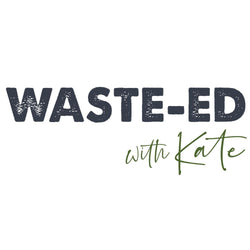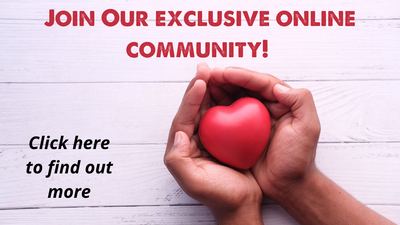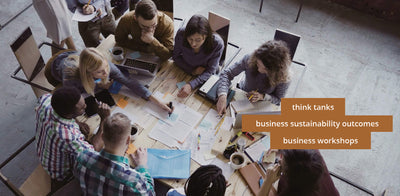
Guest Blog: Infant Potty Training with Rebecca Larsen
Rebecca Larsen says, “Consider starting potty training in the first year, or even from birth – it’s fun and easy.”
This edition of our Guest Blog series features an entry from the author of Potty Plan, and advocate for infant potty training, Rebecca Larsen. Her blog starts below:
Did you know that there are several methods for potty training and that you can be out of nappies by 18 months? It’s a good idea to establish your approach before baby arrives, or within their first few months, or you may default to the ‘readiness’ approach – the least sustainable option. I’m passionate about sharing infant potty learning with parents so that they can understand the options and make their own informed decision for potty learning.

Our grandparents and parents generations started potty training earlier. With the invention of the disposable nappy, the majority of parents in our generation follow the ‘wait for readiness’ approach to potty training. Even parents who opt for cloth nappies are also following this trend as it is the most talked-about approach. The potty – which is designed for a baby – is becoming used less, as toddlers are heading straight for the toilet in many cases. Along with this trend, parents are spending more money on disposables and the age of toilet independence is increasing.

From an environmental perspective, our readiness approach is a disaster. Most affordable nappies are plastic-based and the decomposition rate of a plastic-based nappy is around 500 years. Disposable nappies also account for 1–2% of the world’s non-biodegradable waste. The Sea Cleaners are a non-profit organisation who remove rubbish from the sea. About finding discarded nappies they reported, “We find nappies all the time! They are on beaches and in the waterways. We come across black rubbish sacks often, filled to the brim and dumped off on the side of the road that leads to estuaries”.
So – why consider an infant potty learning method?
Waiting for toddler readiness can present other problems, such as:
• Using nappies longer (The costs and environmental impacts)
• Difficulties in training a toddler with an established habit
• Fear of the toilet, and holding on can lead to constipation issues
• Other issues such as nappy rash which are easily avoided
• Readiness babies typically come to bladder control first (at the developmental stage) then stool management second – the transition from nappies to the toilet can be difficult for some children
What is the best time to start?
The best time to start is before your baby can walk.
• Option 1: You can start potty training right from birth with a healthy baby – and it’s easy!
• Option 2: Start around the time baby learns to sit and eat solid food
Your infant will learn very fast, and it will quickly become a normal routine. Furthermore, your baby will fall into a regular stool routine which is such a benefit to manage especially when using cloth nappies. That’s right – No stool in your nappies!

More about the book “Potty Plan” and how to get started:
Potty Plan is a parent-led proactive approach to teach babies (from birth to 12 months ideally) toilet practice in an easy to follow a routine. Babies are assisted with their toileting needs and learn first to manage their stool – making clean up much easier for parents. Bladder control comes later when baby reaches that developmental stage (12-18months). Potty Plan is not a nappy-free method – choose cloth nappies for your most sustainable approach.
In summary, here are the benefits to Potty Plan:
• It will save families money
• It is a more sustainable approach
• Communication and bonding is strengthened
• It’s cleaner for your baby
• It’s healthier for your baby
• Babies will learn stool management first
• Faster to toilet independence
• It’s fun and easy
Where to learn more
To learn more and get your Potty Plan, visit the website here, or follow the page here and join the support group.
We hope this article has given your families more options when it comes to potty training – we welcome you to join our group and learn more.



Leave a comment